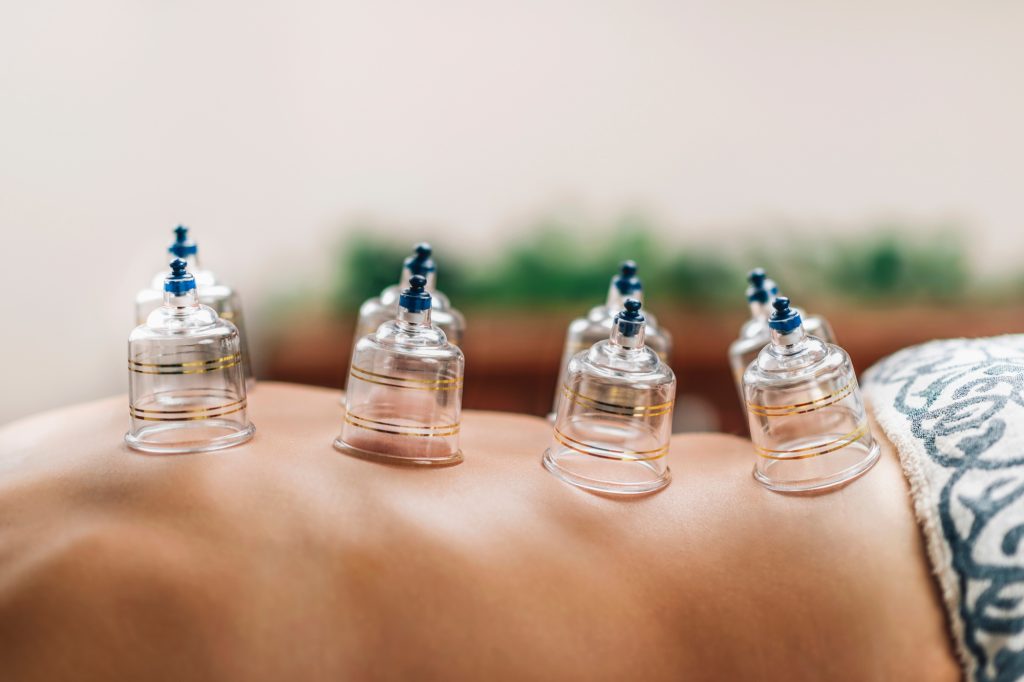Cupping Therapy in Chinatown: A Complete 2025 Guide to Traditional Healing in Singapore
- G&G TCM
What Is Cupping Therapy in Chinatown?
Cupping therapy in Chinatown is a Traditional Chinese Medicine (TCM) technique where suction cups are applied to the skin to enhance circulation, reduce muscle tension, and remove stagnation. As one of the oldest natural therapies in Asia, cupping remains a popular choice for residents and tourists seeking authentic, effective, and fast pain relief.
Chinatown Singapore is well known for its long history of TCM practitioners, making it a trusted destination for those wanting genuine traditional treatments performed by qualified and experienced physicians. Clinics like G&G TCM provide professional cupping services with modern hygiene standards, customized treatment plans, and integrated TCM consultation.
Why Cupping Therapy Is Popular in Chinatown
Heritage and Expertise Combined
Chinatown is considered the center of TCM culture in Singapore. Many clinics here, including G&G TCM, have practitioners with more than 10 years of experience in handling a wide range of conditions such as chronic pain, muscle tension, poor circulation, and stress-related symptoms.
Variety of Professional Cupping Techniques
Different cupping methods address different health needs. Below are some common types available in Chinatown clinics:
Types of Cupping Therapy
- Fire Cupping
Cups are heated to create strong suction. Ideal for cold-induced pain and deep muscle tension.
- Vacuum Pump Cupping
Mechanical pumps create consistent pressure. Effective for chronic back pain and general wellness.
- Sliding Cupping
Cups are moved across oiled skin to release knots and relax fascia.
- Wet Cupping (offered selectively)
Minor incisions release stagnated blood. Performed only by trained and certified TCM practitioners.
Benefits of Cupping Therapy Supported by Research
Modern studies have shown cupping can provide significant physiological and therapeutic benefits.
Scientifically Observed Benefits
- Improves blood circulation and oxygen supply
- Reduces muscle pain and stiffness
- Aids recovery after physical activity
- Supports detoxification through lymphatic activation
- Promotes better sleep and relaxation
- Reduces inflammation in targeted areas
Internal Case Insights (G&G TCM Observational Data)
Among regular patients receiving cupping therapy:
- 80% experienced lower pain levels after one session
- 72% reported decreased muscle tightness
- 65% noticed improved mobility
- 50% slept better the night after treatment
Understanding Cupping Marks (What They Really Mean)
Many first-time visitors worry about the marks left after cupping. These marks indicate blood stagnation, cold-dampness, or Qi blockages, not bruises. For a full guide, you can read our detailed article here: cupping therapy marks meaning
How a Cupping Session Works: A Step-by-Step Experience
Step 1: TCM Consultation and Diagnosis
Your practitioner will check your symptoms, pain areas, stress levels, and body constitution.
Step 2: Selecting the Right Cupping Method
The type of cupping chosen depends on your condition, muscle pain, tension, cold stagnation, or detox needs.
Step 3: Preparation
Herbal oil is applied to relax muscles and help the cups glide smoothly.
Step 4: Application of Cups
Cups are placed on targeted areas for 5–15 minutes to stimulate blood flow and release tension.
Step 5: Monitoring and Adjustments
Cup pressure is adjusted if needed to ensure comfort and treatment effectiveness.
Step 6: Aftercare
Patients are advised to rest, avoid cold environments, hydrate well, and keep cup marks dry.
Common Conditions Treated With Cupping Therapy
Pain & Muscle Conditions
- Back pain
- Neck pain
- Shoulder tension
- Frozen shoulder
- Muscle knots
- Sports injuries
Wellness & Lifestyle
- Stress and anxiety
- Poor blood circulation
- Low immunity
- Fatigue
- Sleep issues
Choosing the Best Cupping Therapy Clinic in Chinatown
What to look for in a reputable clinic
- Licensed TCM physicians
- Transparent consultation process
- Clean, hygienic treatment rooms
- Personalized treatment plans
- Integration with acupuncture or tuina when needed
Why G&G TCM Is a Trusted Choice
- Experienced practitioners with deep knowledge of TCM theory
- Located in the heart of Chinatown
- Full diagnostic approach, not just symptom treatment
- Modern hygiene practices combined with traditional expertise
- Friendly consultants and personalized care
When Should You Try Cupping Therapy?
You may consider scheduling a session if you experience:
- Stiff shoulders from work
- Persistent back pain
- Post-exercise soreness
- Chronic fatigue or stress
- Poor sleep quality
- Cold hands/feet or poor circulation
If you’re unsure, a quick consultation with a TCM physician can help determine the best approach.

Conclusion: Experience Authentic Cupping Therapy in Chinatown with G&G TCM
Cupping therapy in Chinatown offers a blend of centuries-old tradition and modern, safe practice. Whether you are seeking deep muscle relief, better circulation, or overall wellness, trained TCM practitioners at G&G TCM provide personalized, effective sessions designed to support long-term healing. For appointments, inquiries, or treatment recommendations, visit our contact page. We welcome you to experience authentic cupping therapy in Chinatown, guided by experienced TCM physicians committed to helping you restore balance and relieve pain naturally.
FAQs Section
Does cupping therapy hurt?
Cupping should not cause pain. You will feel a pulling or tight sensation which is normal. If discomfort occurs, the suction can be reduced.
How long do the marks last?
Most marks fade within 3–7 days. Darker marks indicate deeper stagnation.
Is cupping safe?
Yes, when done by a trained and licensed TCM practitioner. It may not be suitable for those with certain medical conditions, consultation is required.
Can cupping help with chronic back or neck pain?
Yes. Cupping is well-known for improving circulation and reducing muscle tension, making it one of the most effective natural treatments for chronic pain.
How often should I schedule cupping sessions?
Once a week is ideal for general maintenance. Chronic conditions may require more frequent sessions initially.

